The role of the new generation in building socialism is extremely important. The youth possess innovative ideas, energy, and the ability to utilise technology to eliminate social injustice, discrimination, and exploitation. By embracing the values of equality, justice, and inclusive, they can bring positive change to society. An educated, aware, and progressive young population can put the principles of socialism into practice, making their active participation the backbone of societal transformation.
The role of the new generation in constructing socialism is not only important—it is essential. Today’s youth must step forward as the primary driving force for change. They have the energy, enthusiasm, innovative thinking, and technological knowledge needed to help end the prevailing inequalities, exploitation, and injustices in society. Socialism is not merely a concept but a process to be implemented in practice, for which young people must develop education, policy awareness, and a sense of social responsibility.
Youth must take the lead, raise their voices against injustice, and participate in social movements that secure everyone’s rights. If young people remain passive, society will continue in its old patterns; but if they take the initiative, it is possible to build a new, just, and equitable society. Therefore, to realise the dream of socialism, today’s generation must move forward with confidence—because change is in their hands.
In this segment, Kendra News Australia presents the relevant perspectives of Asha Uperkoti, Central Secretary of the All Nepal National Independent Students’ Union (Revolutionary), Nepal, and a Bachelor of Arts–Bachelor of Laws graduate from Nepal Law Campus.
Interview
1. What plans can be introduced to improve Nepal’s current economic challenges, and what role does your organisation play in this?
The declining economic situation of the country is currently the biggest challenge. The economy is weak, and various economic problems are deepening and becoming multidimensional. Unemployment, lack of productivity, growing trade deficit, foreign dependency, political instability, and corruption are the main causes. To solve these problems, both long-term and emergency plans are needed.
From the perspective of organisational leadership, the first step is to conduct public awareness campaigns among students about economic literacy, self-employment, and entrepreneurship. We can organise policy dialogue programs in universities and campuses, demand education-, employment-, and production-focused policies from the government, and play a role in making the state accountable. By building a network of entrepreneurial students and cooperating with existing cooperatives, we can initiate employment generation campaigns in collaboration with local bodies and universities.
2. What factors are worsening the problems faced by the Nepali community, and what basic measures can be taken for solutions?
The major problems faced by the Nepali community include poverty, unemployment, lack of access to education and health services, corruption, political instability, and discrimination. These issues persist due to various structural, cultural, and political reasons—such as political instability, lack of capable leadership, corruption, lack of governance, lack of education and awareness, ritualistic development thinking, and irresponsible administrative performance.
At the local level, problems can be addressed—at least to some extent—through citizen participation, education and skills development, anti-corruption and transparency policies, community empowerment, participation of youth and women in policy-making, and the use of information and technology.
3. What will be your organisation’s role and commitments in the upcoming elections?
Our main role and commitment will be to guide the country towards progress while protecting past achievements, with the determination to build the nation and improve the living standards of the people.
4. How does your organisation and your political party plan to bring new generations into politics so that they can play a role in building socialism?
Currently, there is an unusually rapid rise in political disillusionment among young people. Encouraging the new generation to actively participate in politics has become one of the biggest challenges of our time. However, we are forming various cell committees from the secondary level to instil political awareness among youth. We identify their needs, bring targeted programs to their communities, and gradually involve them in activities like model youth parliaments and UN assemblies to attract them towards politics.
Building socialism is essentially a matter of political training and practice. The new generation has energy, fresh thinking, and the capacity for change, enabling them to raise their voices against inequality, discrimination, and injustice. By internalising socialist values—such as equality, social justice, workers’ rights, and ensuring basic services for all—they can spread social awareness. Through education, they can understand the theoretical foundations of socialism; through technology, they can spread ideas and movements; and by becoming social activists or political workers, they can bring practical changes. Cooperative institutions, social enterprises, and community-based projects can help establish economic equality, while transformation can begin at the local level. If the youth advance this campaign with determination, a just, inclusive, and human-value-based society is possible.
5. What kinds of measures, and at what levels, do you think are necessary to enhance public safety and control crime in Nepal? What is your organisation’s role and commitment in this?
Improving public safety and controlling crime is a serious need of the time. Rising unemployment, social inequality, drug abuse, digital crimes, and weak law enforcement have created instability. The security forces, government, community, and social organisations must work together with a multi-dimensional approach. Coordination between the three main constitutional bodies and all three levels of government is essential.
Our organisation has been conducting safety awareness programs in schools, campuses, and villages from the early stages. We engage in policy dialogues with governments, provide suggestions, form security monitoring committees, stand in solidarity with victims, and raise voices for justice. We are committed to partnering with responsible state authorities to address every social problem.
6. What is your organisation’s role and your political party’s stance on the state of public education and health in Nepal?
Our party, the CPN (Maoist Centre), has strongly advocated for free education up to the secondary level. Implementing the constitutional rights to education and health and ensuring access for all is a fundamental policy of our organisation.
7. What inspired you to engage in politics, and what do you consider your greatest achievement so far?
I grew up in Phinam, a village near the district headquarters of Gorkha, where I witnessed various forms of extreme discrimination. Being born into a family ideologically aligned with the Maoist movement, I received political education accordingly and have been involved in politics since the eighth grade.
Rather than claiming a great achievement, I have moved forward with the determination to be the voice of the voiceless. The day I can serve the nation by reaching my destination will be the day I consider my true achievement.



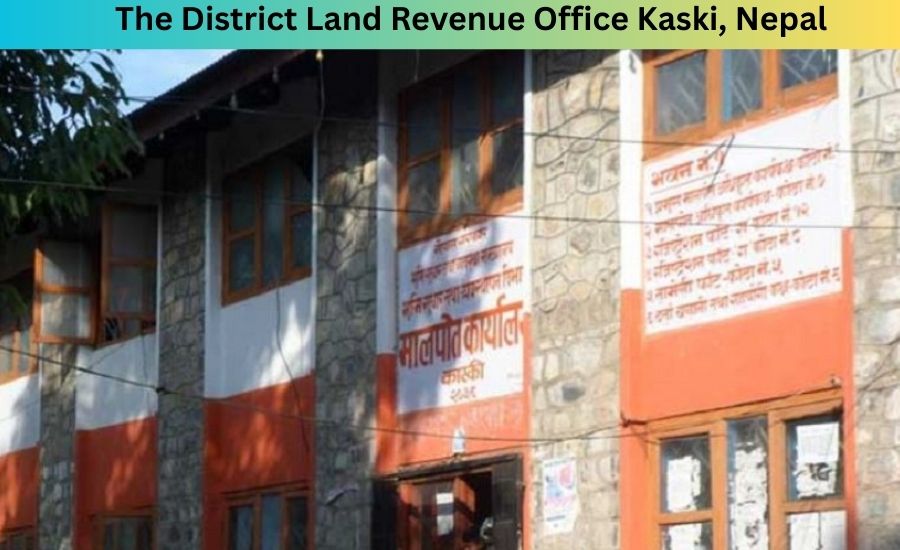
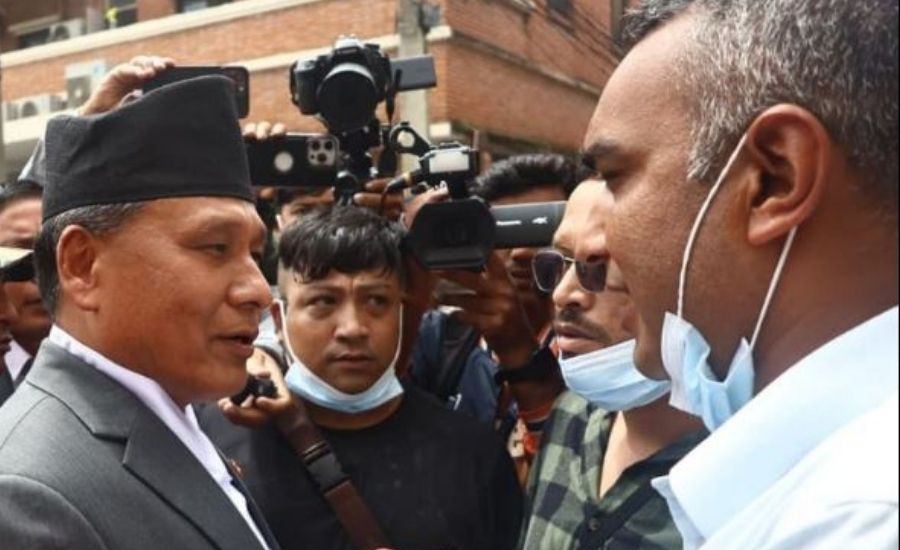




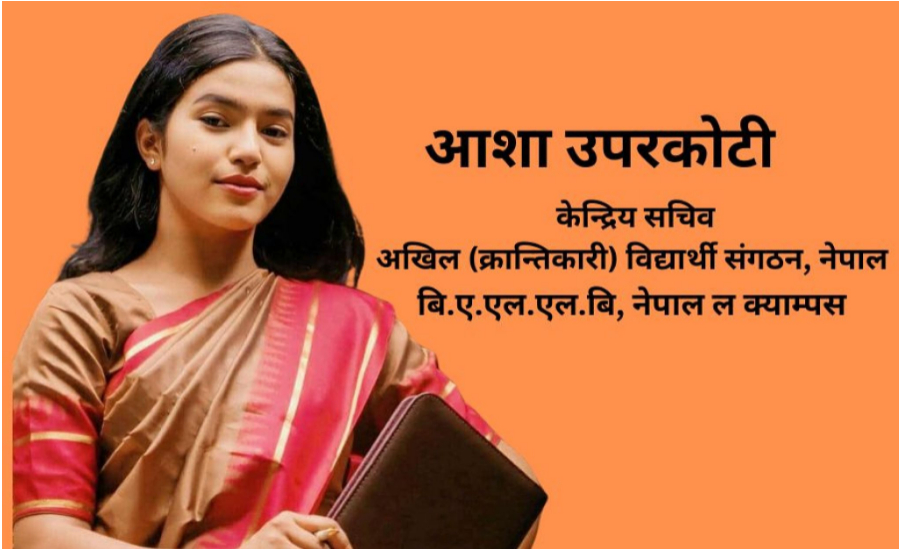


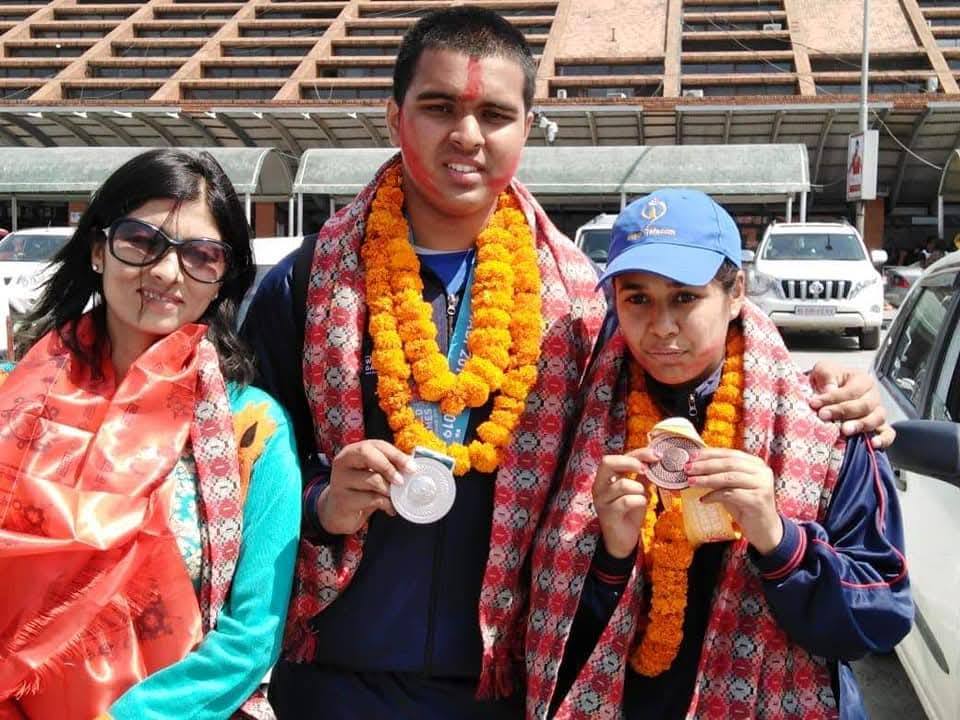

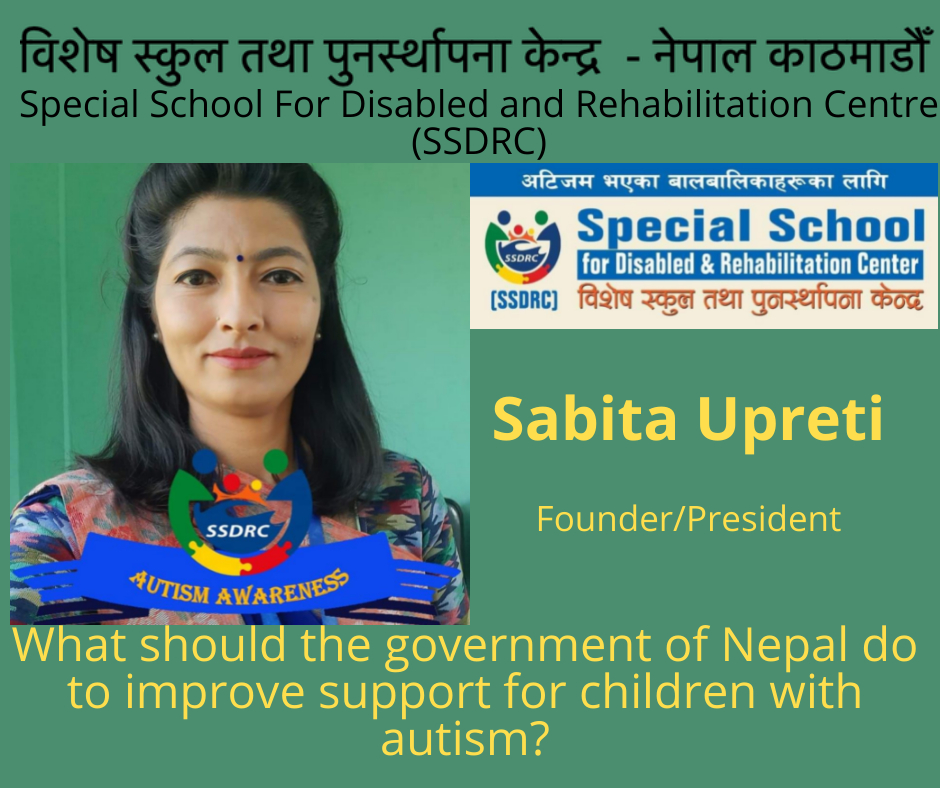

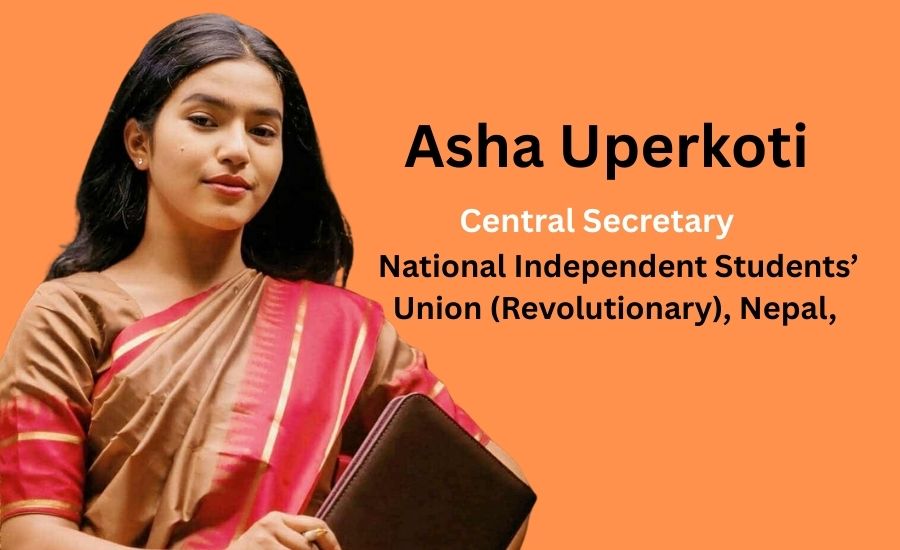
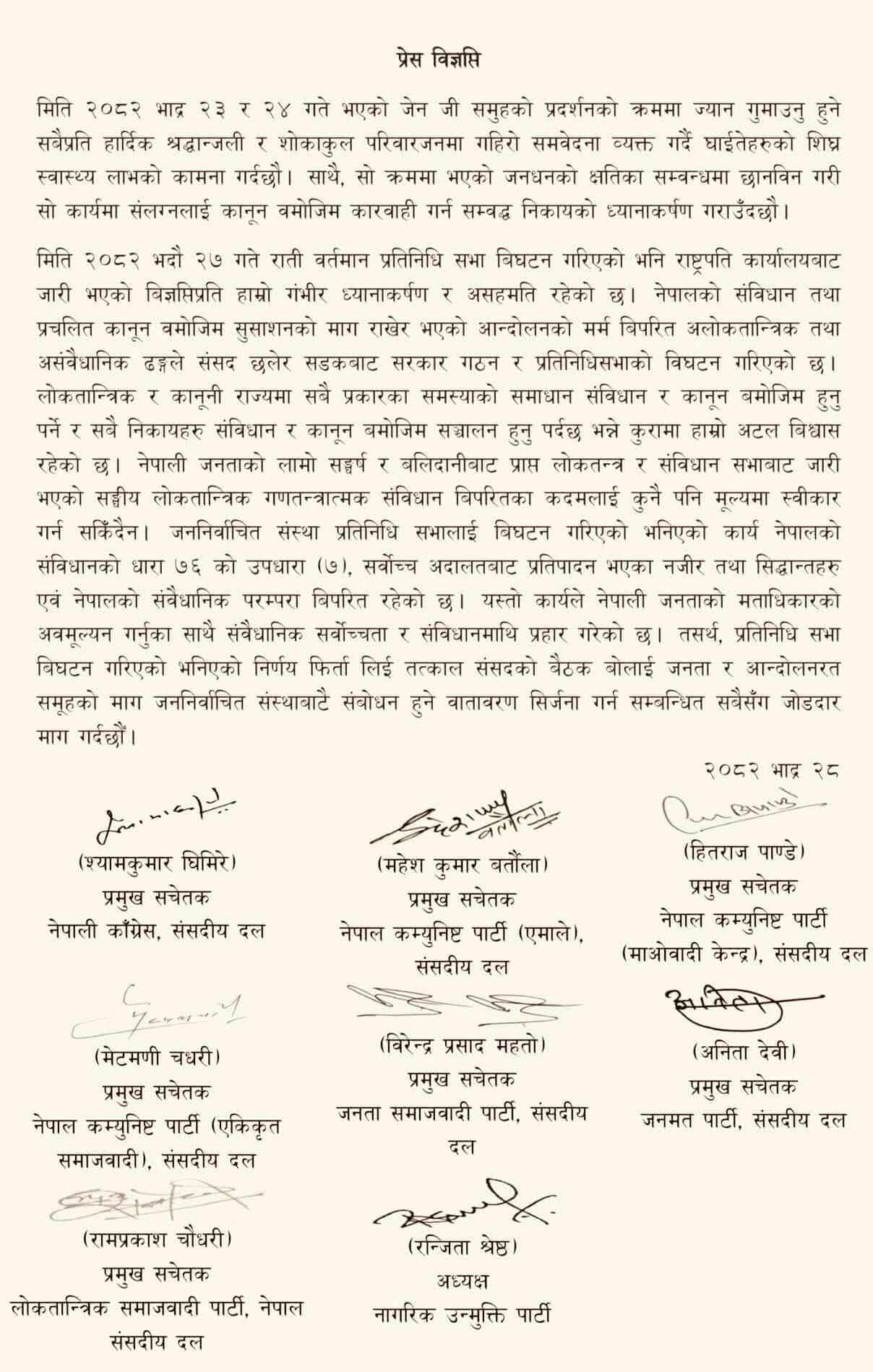


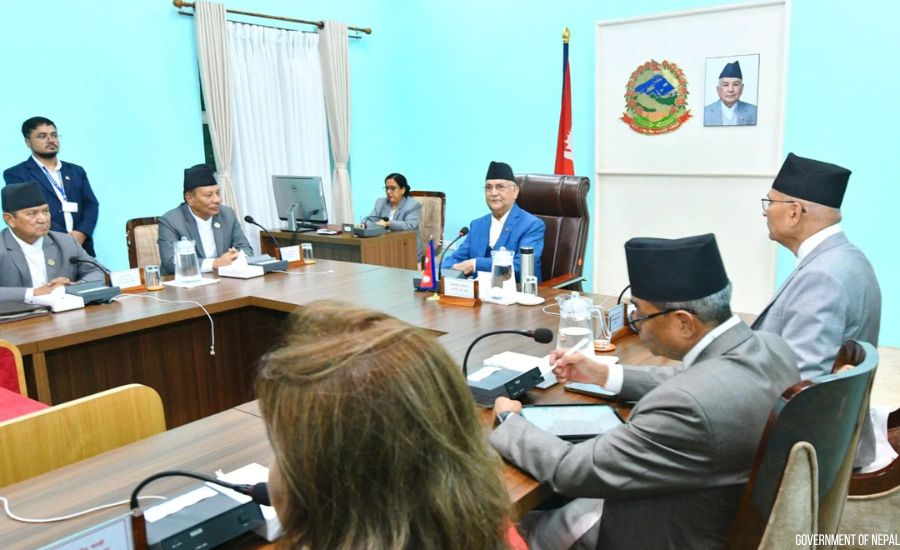
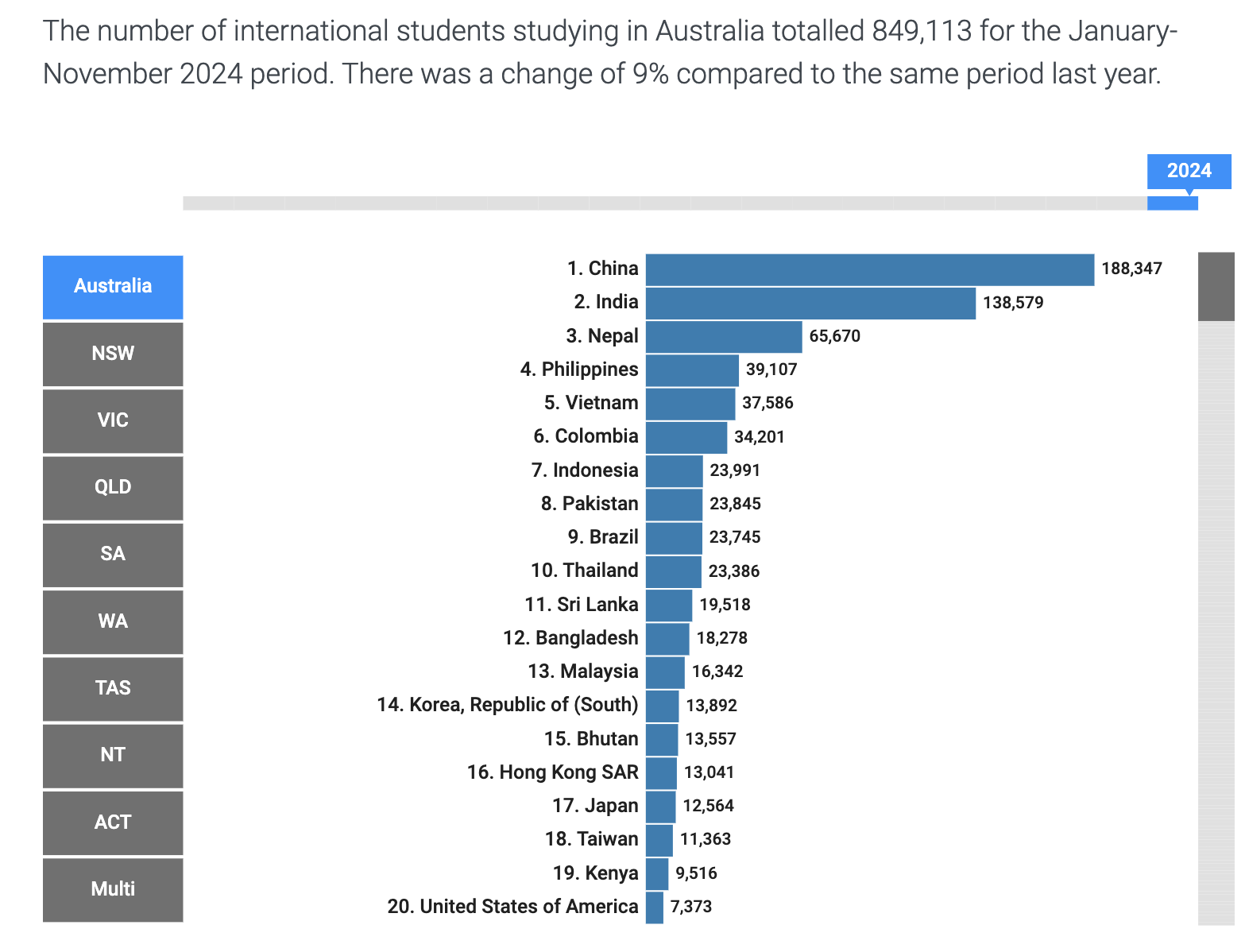
Comments